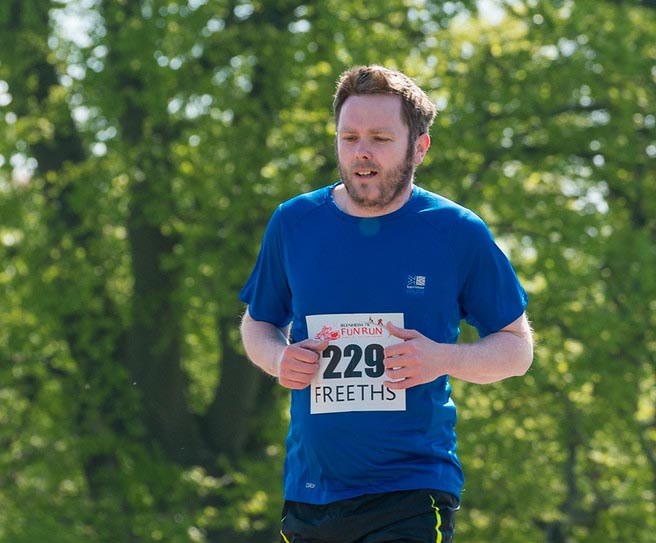You are propping up the bar of your local on a Friday night, the place is packed and the DJ is blasting the tunes out, it's noisy as hell. Even so, you find it pretty easy to have a conversation with your friends. Your ears are getting assualted from all angles but your brain does a remarkably good job of filtering all that out and focusing on your friends' voices.
This ability to draw out and understand sounds (especially voices) from unwanted noise is known as The Cocktail Party Effect and was first discovered by Colin Cherry in 1953. Cherry conducted attention experiments in which participants listened to two different messages from a single loudspeaker at the same time and tried to separate them. His work revealed that the ability to separate sounds from background noise is affected by many things, such as the sex of the speaker, the direction from which the sound is coming, the pitch, and the rate of speech.
More recently scientists have been studying deeper in to the Cocktail Party Effect and discovered that it is not actually our ears that are doing the work of distinguishing voices from background noise, but it is our brains that are filling in the gaps of what we don't hear so that it still makese sense to us. The brain performs Phonemic Restoration, in that it realises part of a word is missing from the sounds you heard and predicts what the missing sound is and fills it in for you. During studies, it has been shown that people do not even realise that thay have not heard a sound and that their brain filled it in for them - their brain activity it exactly the same if they really heard the noise versus when it was filled in for them.
Which is pretty damn cool and useful for listening to Ted telling that story (AGAIN!) about the time he spent a weekend in Vegas, met a group of Czech volleyball players and came home with a Chewbacca tattoo on his leg. Ted tells this every time he's had a few beers.
The bad news is that those of us that have a hearing loss are not as good at filling in the gaps. During tests people with mild hearing loss performed as good as those with normal hearing but those with a moderate (or worse) loss were not able to correctly fill in any of the gaps.
If you like what you see, share it so others can benefit
Looking For the Latest Hearing Aids or A Hearing Test?
Arrange a consultation with a trusted Independent hearing healthcare professional in your area







